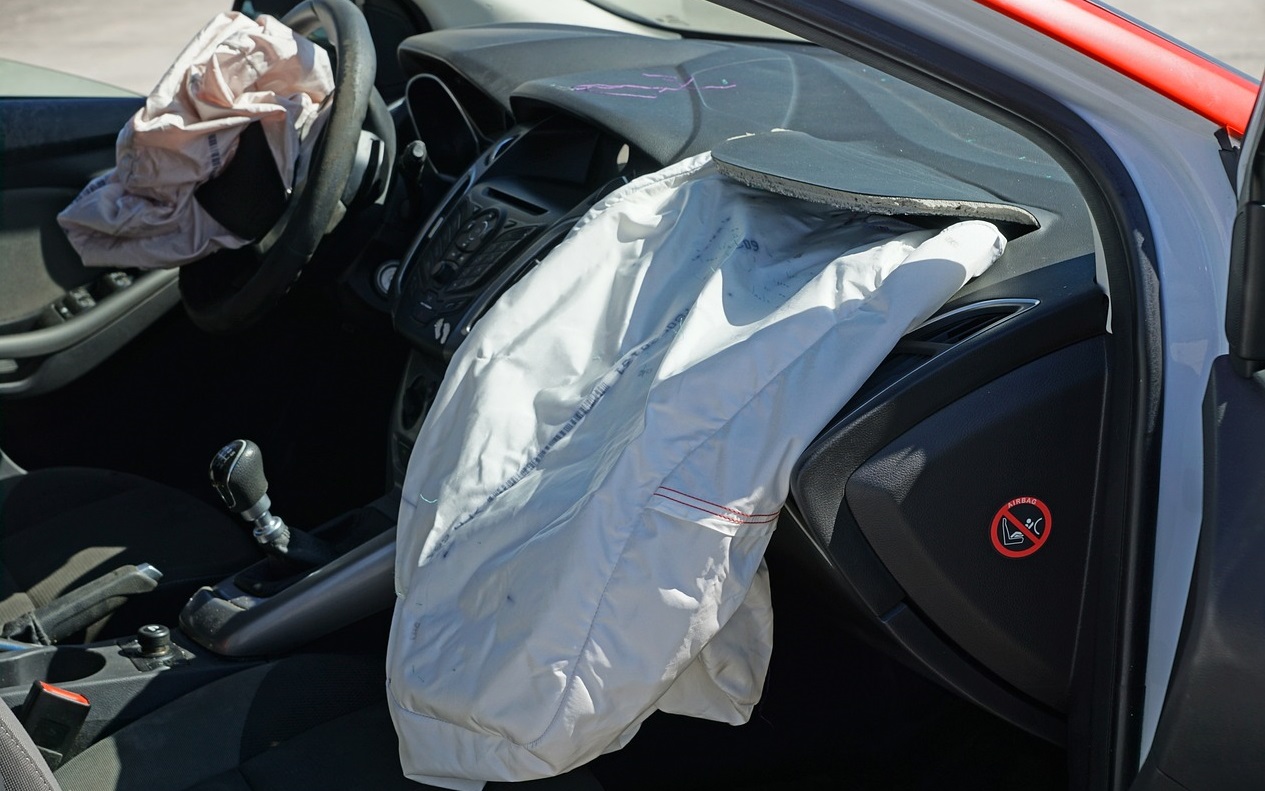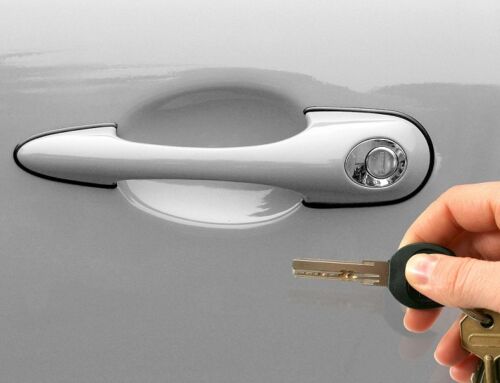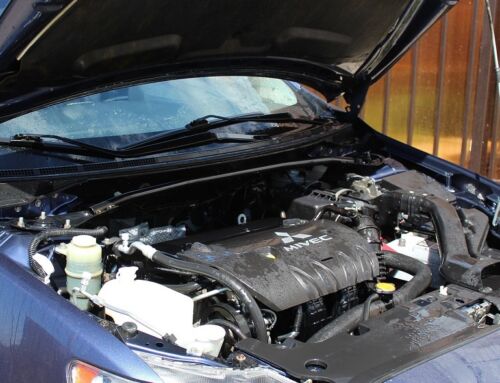When most people think of car accident claims, they envision drivers filing claims against each other for damages. However, it’s essential to recognize that vehicle passengers, too, may suffer injuries and losses in accidents. Injured passengers often have the right to pursue legal remedies, including filing an insurance claim or a personal injury lawsuit, even when the driver they were riding with is at fault.
In car accidents, liability for injuries and damages typically falls on the driver responsible for the collision. The situation becomes more intricate when multiple parties are involved. Indiana, like several other states, operates under a comparative fault system. Under this system, both drivers in an accident could potentially be held liable if their actions contributed to the crash. This scenario can complicate settlement negotiations and necessitate multiple insurance claims to cover the full costs of medical care and other losses incurred by an injured passenger.
Indiana has a unique legal provision known as the Guest Statute (Indiana Code 34-30-11), which adds an extra layer of complexity to passenger injury claims. According to this statute, you generally cannot pursue a civil action against the at-fault driver if they fall within certain familial relationships, such as being a parent, spouse, child/stepchild, brother, or sister, or if they picked you up while hitchhiking without receiving payment for the ride.
It’s important to note that the Guest Statute can be waived if the driver exhibited willful misconduct that directly contributed to the accident. In such cases, injured passengers may have the legal grounds to bring a lawsuit against the at-fault driver, even if they were family members or acquaintances.
Passengers may wonder how they could possibly contribute to a car crash or their own injuries. In the eyes of the law, passengers can be assigned contributory fault if they engage in actions that directly affect the driver’s ability to operate the vehicle safely. These actions may include grabbing the steering wheel, pressing the accelerator, physically obstructing the driver, disorderly conduct, or causing other distractions that lead to an accident.
Injured passengers have the legal right to seek compensation for their injuries and losses, even if the driver they were riding with was at fault. However, the applicability of Indiana’s Guest Statute and the concept of contributory fault can make these claims complex. To navigate these challenges and ensure you have a valid case, it’s crucial to enlist the expertise of a skilled attorney who can provide you with the guidance and legal support necessary to pursue your claim successfully.
If you’ve been involved in an auto accident as a passenger or driver, contact Hurst Limontes to discuss your options. We have over a century of combined experience fighting for our clients in any number of personal injury claims. We work on a contingency basis, meaning there is no cost to you unless we reach a settlement or jury verdict award on your behalf.
Call 317-636-0808 or complete the form below for a FREE and confidential consultation.






